Are we sleepwalking into another financial crisis?
Former PM Gordon Brown warns that problems surrounding the 2008 crash remain unresolved
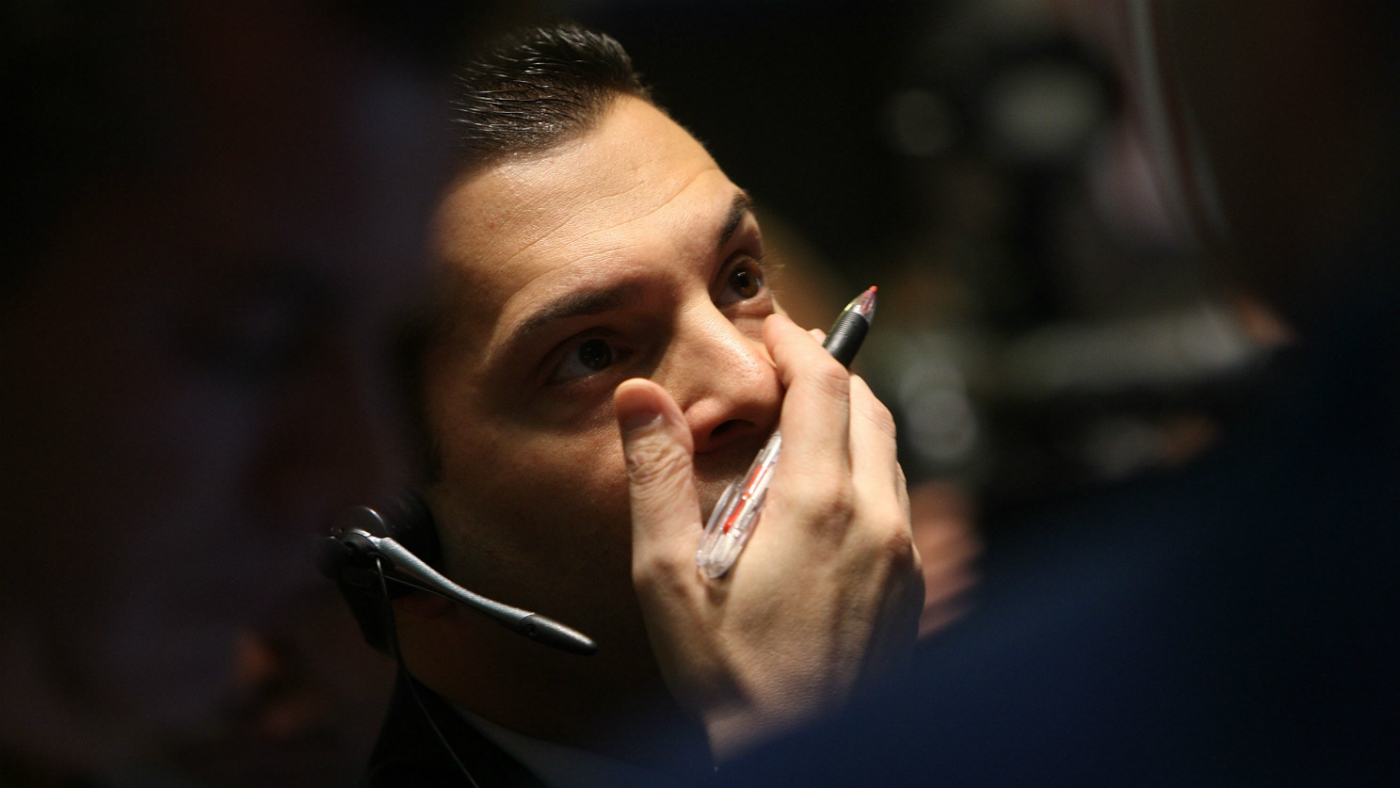
A free daily email with the biggest news stories of the day – and the best features from TheWeek.com
You are now subscribed
Your newsletter sign-up was successful
Ten years on from the collapse of Lehman Brothers, experts are warning that lessons from the financial crisis have not been learned.
Gordon Brown has joined a chorus of voices cautioning that the problems surrounding the worst economic downturn since the 1930s remain unresolved - and that another crash is looming.
“I feel we’re sleepwalking into the next crisis,” says the former prime minister, adding that the world is not prepared to deal with another crash due to a breakdown in international cooperation.
The Week
Escape your echo chamber. Get the facts behind the news, plus analysis from multiple perspectives.

Sign up for The Week's Free Newsletters
From our morning news briefing to a weekly Good News Newsletter, get the best of The Week delivered directly to your inbox.
From our morning news briefing to a weekly Good News Newsletter, get the best of The Week delivered directly to your inbox.
“I think when the next crisis comes, and there will be a future crisis, we’ll find that we neither have the fiscal or monetary room for manoeuvre or the willingness to take that action,” Brown told the BBC, during a series of media interviews marking the anniversary of the start of the previous crash.
Brown also believes the penalties for wrongdoing have not increased sufficiently.
“The fear that bankers will be imprisoned for bad behaviour is not there,” he said to The Guardian. “There has not been a strong enough message sent out that government won’t rescue institutions that haven’t put their houses in order.”
Earlier this week, Bank of England Governor Mark Carney insisted that measures have been taken to bolster the banking system since the 2008 crash. “The system has changed quite fundamentally,” he said.
A free daily email with the biggest news stories of the day – and the best features from TheWeek.com
However, Carney urged the global financial community not to become complacent, especially against the backdrop of rising household debt and the possibility of a no-deal Brexit.
Despite efforts to strengthen the system, finance is still not entirely “fixed”, says Gillian Tett, US managing editor of the Financial Times.
“Non-bank investors have been taking dangerous risks, partly because super-loose monetary policy has made borrowing so cheap,” she writes.
And then there’s the problem of debt. One “remarkable feature of the past decade” is that between 2007 and 2017, the ratio of global debt to GDP jumped from 179% to 217%, Tett says.
So, if another financial crisis is looming, what are the likely triggers?
The Guardian’s economics editor, Larry Elliott, points to a number of potential dangers, including the rising debt levels, the crises in emerging markets such as Turkey and Argentina, and trade wars.
The situation in China also poses a threat, according to many analysts. “Prompt and decisive action” by Beijing helped the global economy through the last recession, but it was achieved through a credit binge and public spending that “dwarfed anything seen in the West”, says Elliott.
“China’s growth remains solid and there are signs of it becoming better balanced, but in some respects, it encapsulates the state of the world ten years after Lehman: it solved one problem but only by creating another: it is awash in debt; its banking industry looks shaky; and it is acutely vulnerable to a full-scale trade war,” he says.
-
 Political cartoons for February 14
Political cartoons for February 14Cartoons Saturday's political cartoons include a Valentine's grift, Hillary on the hook, and more
-
 Tourangelle-style pork with prunes recipe
Tourangelle-style pork with prunes recipeThe Week Recommends This traditional, rustic dish is a French classic
-
 The Epstein files: glimpses of a deeply disturbing world
The Epstein files: glimpses of a deeply disturbing worldIn the Spotlight Trove of released documents paint a picture of depravity and privilege in which men hold the cards, and women are powerless or peripheral
-
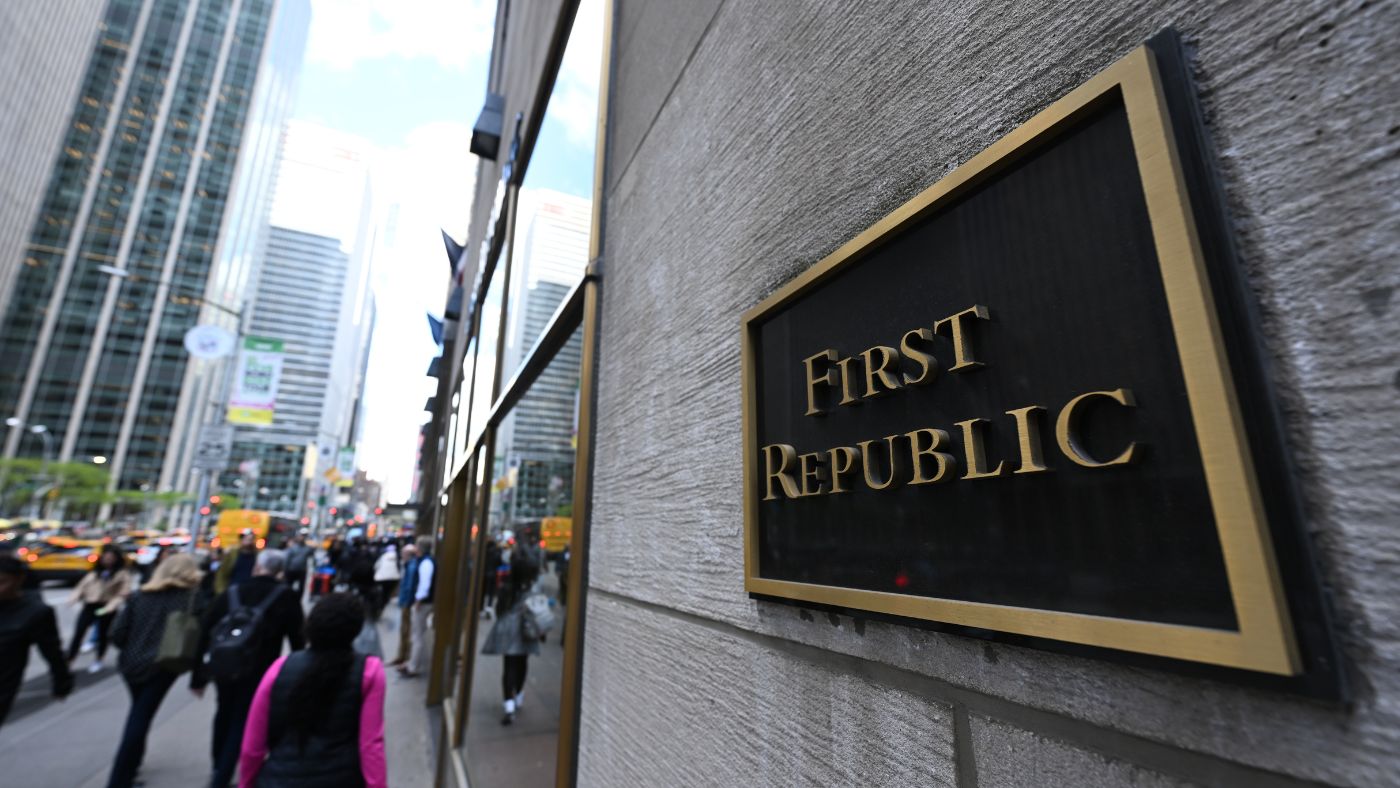 First Republic: will UK banks survive unscathed?
First Republic: will UK banks survive unscathed?Under the Radar US shares dip after collapse of third regional bank, but experts say contagion to the UK is unlikely
-
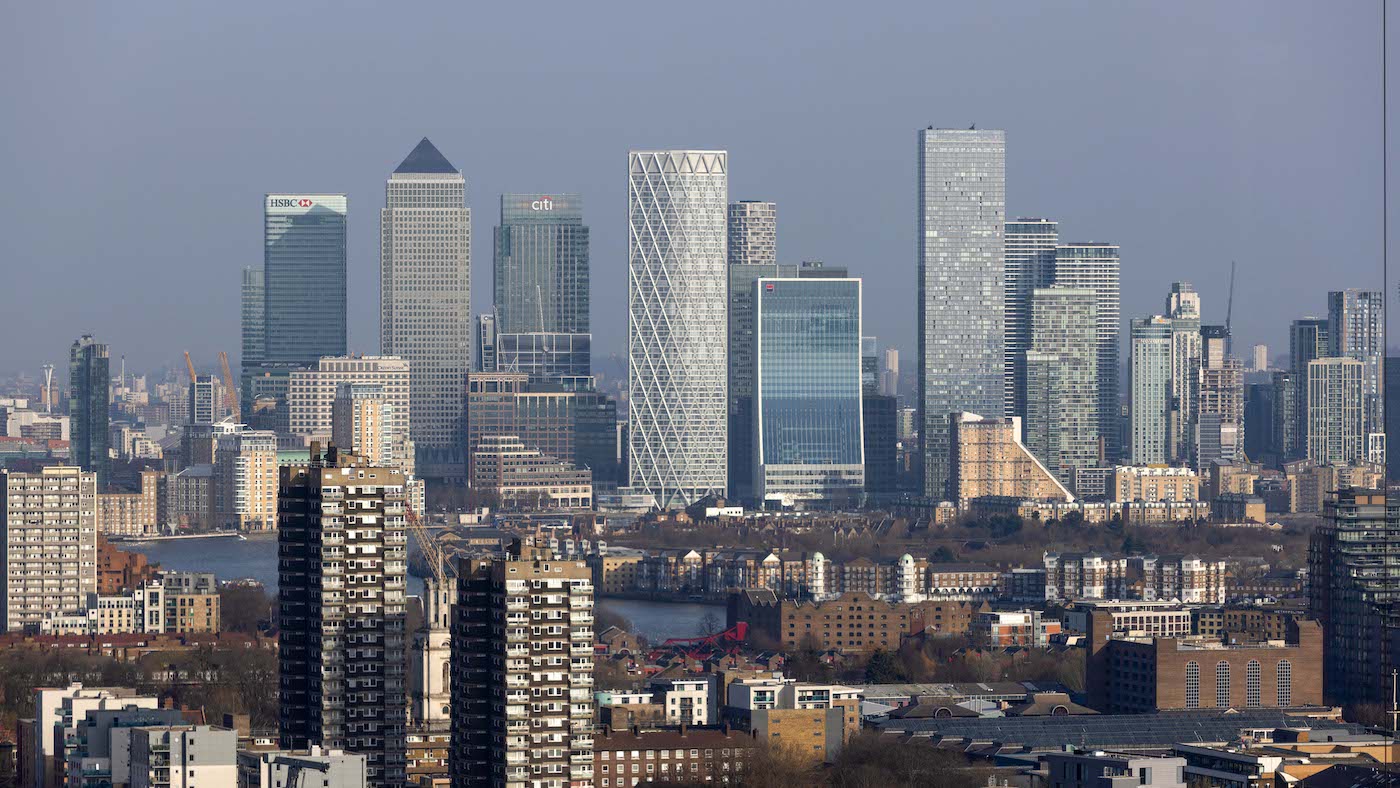 Should the UK relax bank ring-fencing rules?
Should the UK relax bank ring-fencing rules?Talking Point Treasury minister said he hopes to ‘boost competitiveness’ in the City with easing of regulations
-
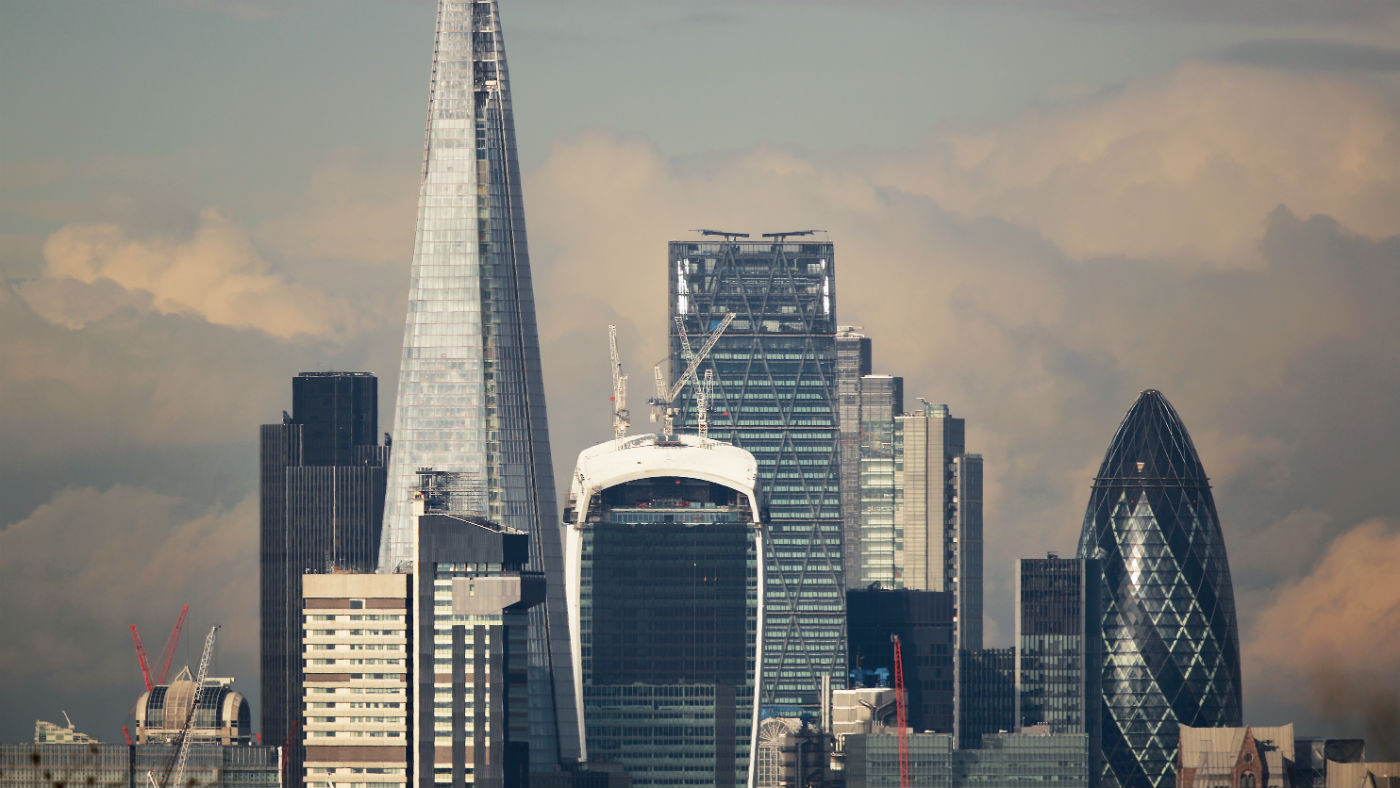 Should caps on bankers’ bonuses be scrapped?
Should caps on bankers’ bonuses be scrapped?Talking Point New chancellor Kwasi Kwarteng believed to be planning contentious move to ‘boost the City’
-
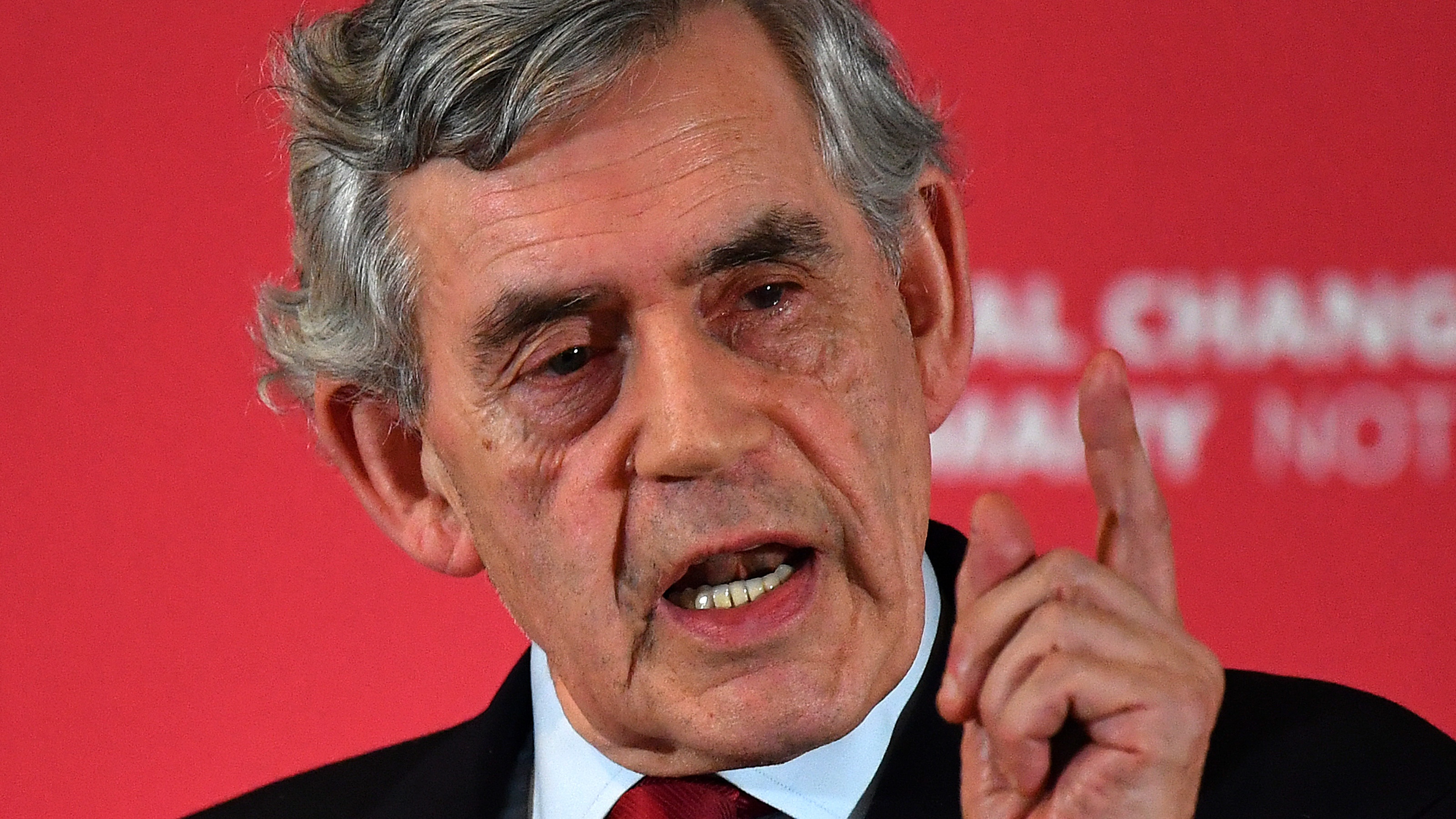 Is it time to nationalise energy companies?
Is it time to nationalise energy companies?Today's Big Question Gordon Brown calls for government to negotiate with energy providers for lower prices
-
 Energy bills: what to expect this winter
Energy bills: what to expect this winterfeature Gordon Brown calls for an emergency budget to tackle spiralling living costs
-
 Evergrande: why China’s property crisis matters for the world
Evergrande: why China’s property crisis matters for the worldfeature Investors fear collapse of debt-laden firm could trigger global financial contagion
-
 OECD: global growth ‘could halve’ if coronavirus intensifies
OECD: global growth ‘could halve’ if coronavirus intensifiesSpeed Read Think tank says growth could collapse as low as 1.5% in worst case scenario
-
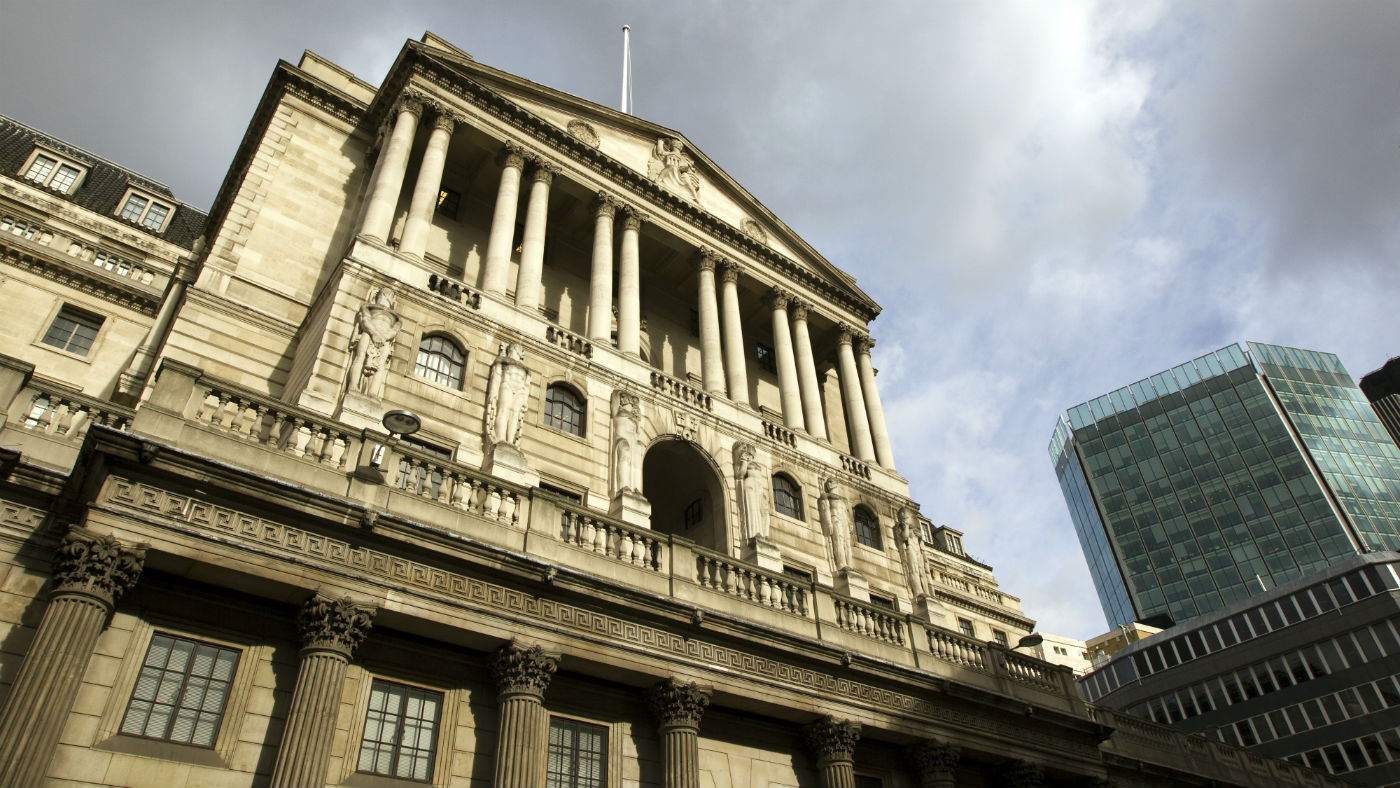 Bank of England passed tech firm for diligence three times
Bank of England passed tech firm for diligence three timesSpeed Read Central bank faces new scrutiny over audio feed leaks